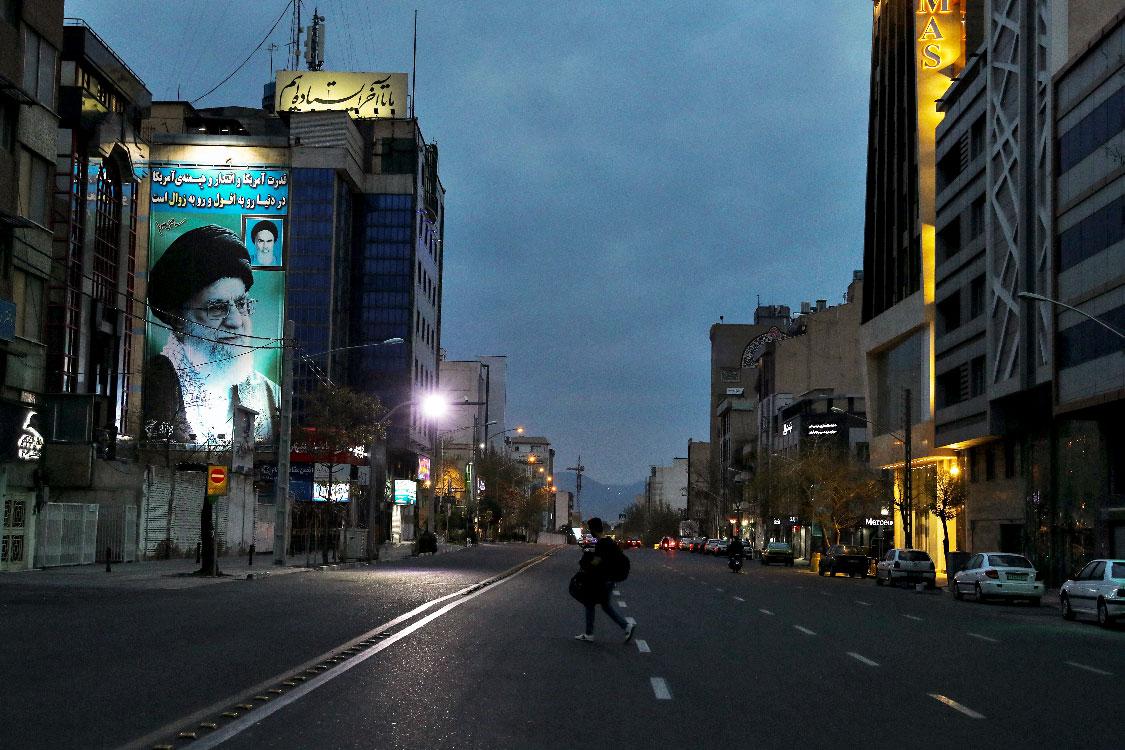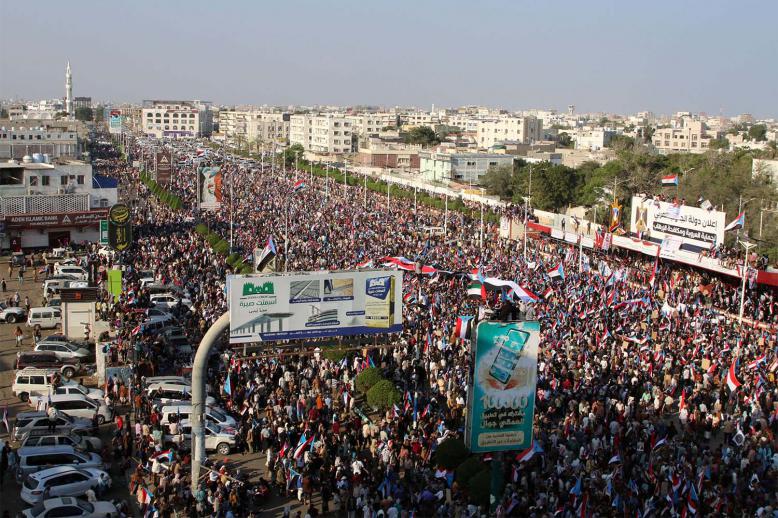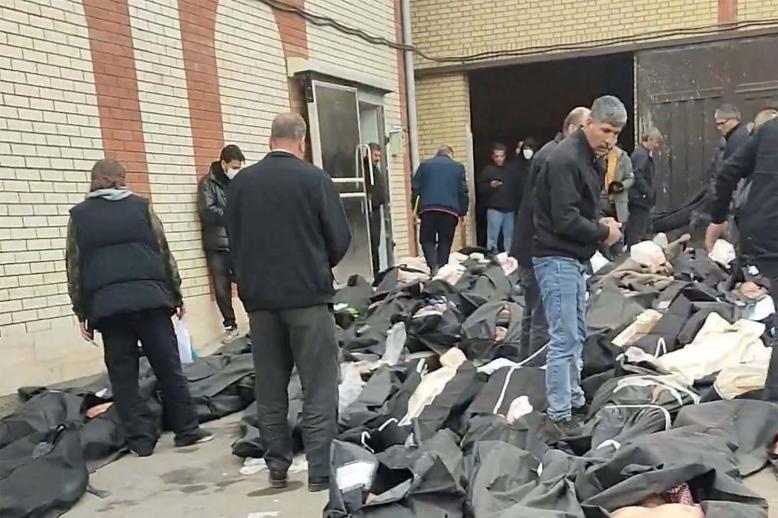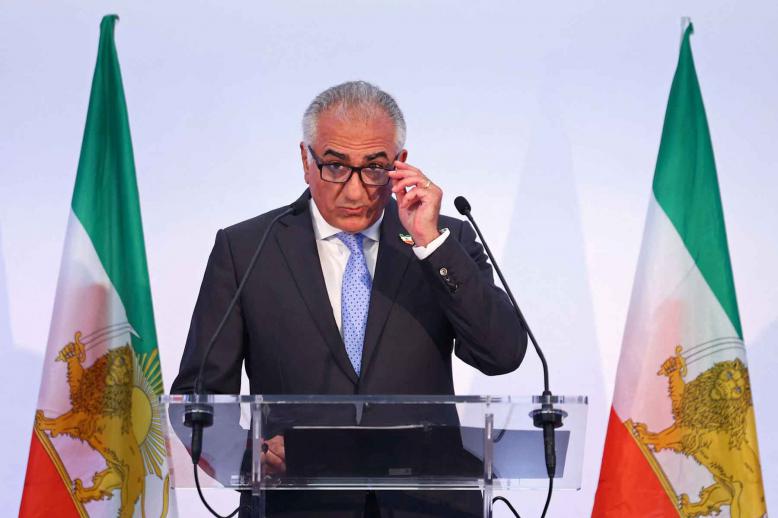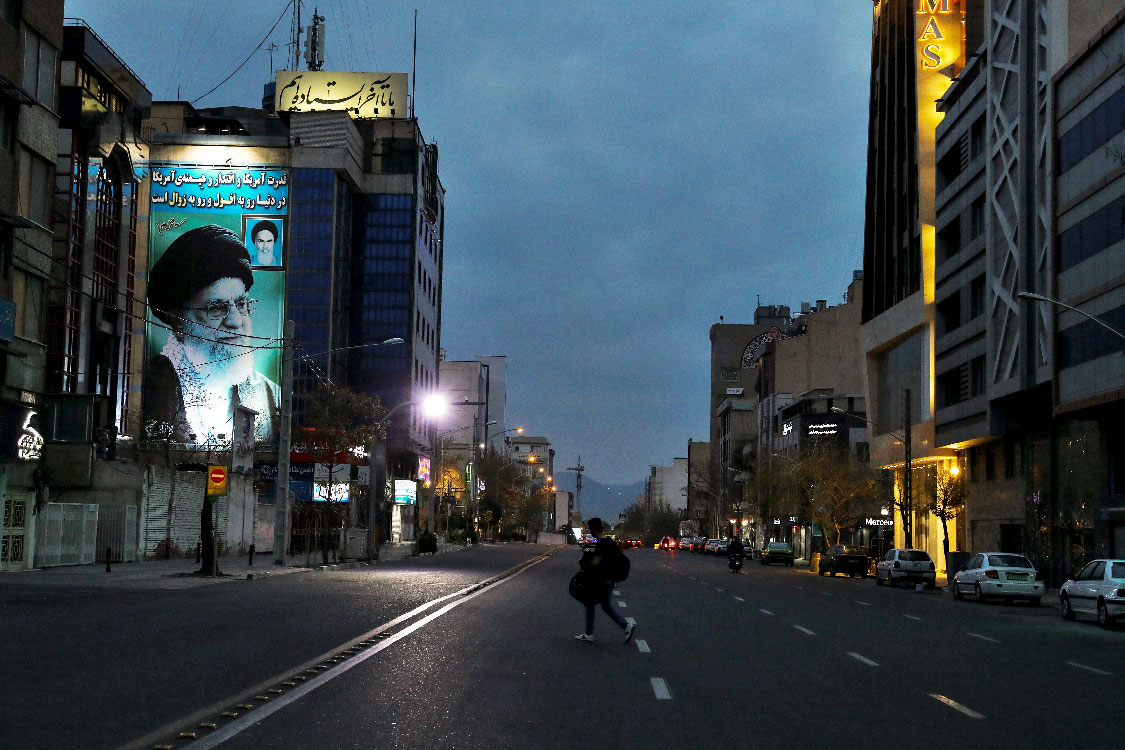Iran says coronavirus death toll rises to 4,232
TEHRAN - Iran's total death toll from the new coronavirus outbreak reaches rose to 4,232 on Friday with 122 lives lost in the past 24 hours, according to a health ministry spokesman. The total number of people diagnosed with the disease increased by 1,972 in the past 24 hours to a total of 68,192, the spokesman, Kianoush Jahanpur, said on state TV, adding that 3,969 people were in critical condition.
Iran is the country most affected by the pandemic in the Middle East. It has recorded a total of 35,465 recoveries from the COVID-19 respiratory disease, he said.
Experts have repeatedly questioned the numbers provided by Tehran regarding the scale of its coronavirus outbreak, especially as it initially downplayed its extent in February amid the 41st anniversary of its 1979 Islamic Revolution and a crucial parliamentary vote.
Meanwhile, Amnesty International said it believes at least 35 Iranian prisoners were killed by security forces suppressing riots by inmates over the virus, which many fear could spread catastrophically through the country's overcrowded and unsanitary prison facilities.
The United Nations recently said it was "horrified" over the murder of a juvenile offender who was beaten to death by Iranian guards, as prisoners demanded they be released due to the COVID-19 pandemic.
In its report, Amnesty said thousands of prisoners in at least eight prisons had rioted and at least 35 inmates were killed by security forces. There have been sporadic reports in Iranian media about the riots, with only one fatality announced.
“It is abhorrent that instead of responding to prisoners’ legitimate demands to be protected from COVID-19, Iranian authorities have yet again resorted to killing people to silence their concerns,” Amnesty's Diana Eltahawy said in a statement.
Estimates suggest Iran’s prison system held some 150,000 prisoners just prior to the pandemic. Authorities have since temporarily released some 105,000 prisoners.
Those who remain held include violent offenders and so-called “security” cases, which often translates to political prisoners, often individuals with dual nationality that Iran has been accused of holding for leverage in negotiations with Western states. The country has previously exchanged prisoners it holds for imprisoned Iranians, including those accused of violating international sanctions on Iran.
Current high-profile Western prisoners include British-Iranian national Nazanin Zaghari-Ratcliffe and French researchers Fariba Adelkhah and Roland Marchal, arrested on charges of conspiring against national security that rights groups have denounced as outrageous.
The rise in number of recorded coronavirus cases came after Iran's supreme leader warned that mass gatherings would likely be banned in Iran throughout the Muslim holy month of Ramadan,
“We are going to be deprived of public gatherings of the month of Ramadan,” Khamenei said during a speech marking the birth of revered 9th century Shiite Imam Mahdi. "In the absence of these meetings, remember to heed your prayers and devotions in your lonesomeness.”
Ramadan is to begin in late April and last through most of May. Iranian public officials had not yet discussed plans for the holy month, which sees the Muslim faithful fast from dawn until sunset. However, Iranian mosques have been closed and Friday prayers canceled across the country for fear of contagion.
Nevertheless, authorities have indicated that they want the country to begin resuming its economic activity; the Iranian economy is suffering under intense US sanctions ever since the Trump administration withdrew from Tehran's 2015 nuclear deal with world powers.
Since the outbreak of coronavirus began, Tehran has claimed that the US sanctions were inhumane and preventing access to badly needed humanitarian supplies. It has also alternately claimed that the sanctions "failed to hamper" its efforts to battle the novel coronavirus.
The US has in response stated that its sanctions regime on Iran has broad exemptions for medical and other humanitarian goods.
Activists and Iranian opposition figures - many of whom are in exile - say that the Iranian regime's desire to lift sanctions has little to do with the well-being of ordinary Iranians, accusing officials of corruption and being more focused on securing greater funding for proxy militias in neighbouring countries such as Lebanon, Syria and Yemen.
The nuclear agreement had given Iran relief from international sanctions over its nuclear programme, but it has since come under mounting economic pressure that is being heavily exacerbated by the current pandemic. Iranian President Hassan Rouhani has ordered the country's economy to slowly begin opening back up starting Saturday, leading to worries the nation could see a second wave of infections.
In his speech, Khamenei made a point to tell Iranians that Washington - which the Iranian regime refers to as the "Great Satan" - is still Iran's main enemy.
“The problem of coronavirus must not make us ignorant of the plots of enemies and the arrogant power," he said.


